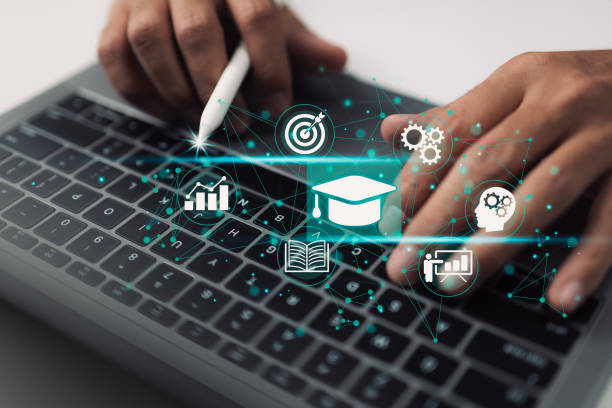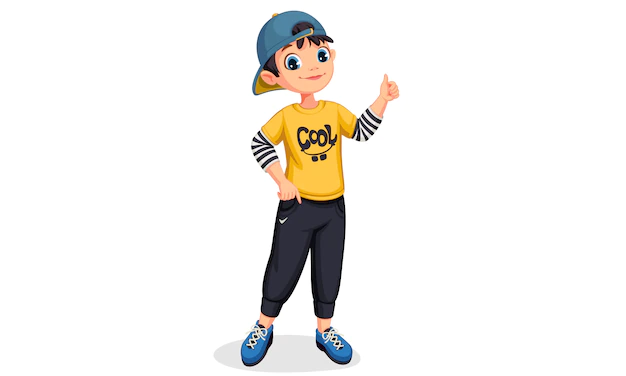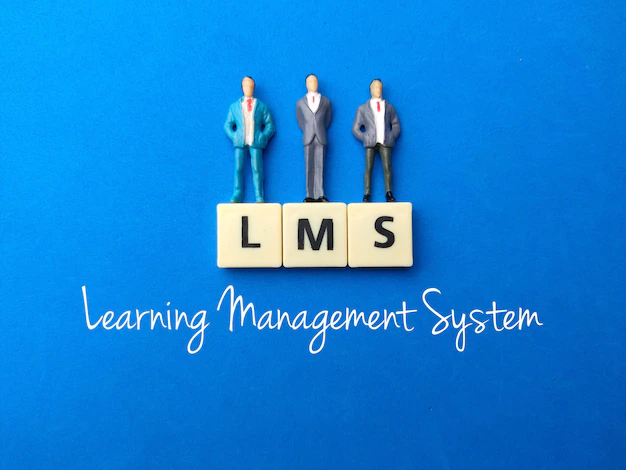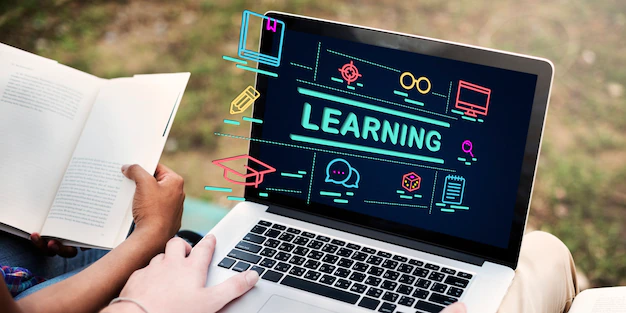The 3 Causes of Disruption of Blockchain Technology In Education

How is the disruption of blockchain technology in education? Find out the answer in this article.
If you have been keeping up with the news, you are probably aware that the latest trend in the field of information technology is blockchain.
Recently, Bitcoin has been receiving a lot of attention. The framework that Bitcoin is based on, called blockchain technology, is starting to become more well-known in mainstream society.
Read: The Bright Future of Blockchain Development Technology In Education
A Blockchain: What Is It?
A blockchain is like a digital public record book that doesn’t have a central authority keeping track of transactions. It lets people keep track of digital money transactions without relying on one central organization.
Coindesk, a website about bitcoin and digital currencies, compares the blockchain to Wikipedia. They both have information that nobody controls.
The similarity stops there because a blockchain doesn’t use one main version that is controlled or updated by one person or group, like Wikipedia does. Instead, every computer connected to the system receives a copy of the blockchain.
Each part updates the information on its own, but everyone ends up with the same final outcome.
This means that even if one computer in the network stops working or is no longer connected, the information in the blockchain is still safe and can be accessed and used by the other computers that have already stored it.
Disruption of Blockchain Technology In Education
The people at Salesforce who are knowledgeable about technology think that Bitcoin’s blockchain technology is going to drastically change all kinds of industries.
This includes things like how land is used, how items are shipped, how things are made, how prescription medication works, how banks operate, and even how the government functions.
So, how do blockchains fit in the education field? Here are a few examples:
1. Remodelling The Reward System
The Knowledge Score keeps track of how well someone knows about many different subjects.
Knowledge tokens are given as a prize for taking part in something called the “knowledge ecosystem”. Instead of giving top students traditional rewards, knowledge tokens can be used to buy things from the Knowledge. io marketplace and other places. io marketplace will have more than 300,000 products from their partners who sell things.
2. Credibility of Credentials
The Massachusetts Institute of Technology has introduced a new app called Blockcerts Wallet. This app allows students to receive their diplomas on their smartphones, instead of getting a physical certificate.
The digital certificates cannot be changed and can be easily given to schools, employers, family, and friends.
In addition to blockchain technology, the app also uses Touchstone, which is MIT’s identity provider, to make sure that each diploma is safe and protected.
Sony Corporation and Sony Global Education collaborated with IBM to create a platform on IBM Cloud that organizes and oversees student records from multiple schools.
This platform can be accessed by school administrators, recruiting companies, and others to confirm the authenticity of the credentials provided to them.
Many people are selling fake certifications and degrees on the dark web for very cheap prices. Because of this, it is understandable that managers and school staff want to be careful and make safe choices.
3. Safe Keeping And Easy Access of Information in the Cloud
Sometimes people lose important papers, including students who lose their diplomas at the worst possible time. Some students who come from places affected by war want to go to school in a different area.
Additionally, there are also students whose school’s computer system stops working or loses all its information, for some unknown reason. People who struggle to get a copy of their school records can use blockchain-encrypted credentials to help them.
Conclusion
Blockchain for education is a new idea, but experts already see many possibilities for it. However, some people have more questions than answers, and it is understandable why.
A lot of what we understand about blockchain comes from what we know or have experienced with Bitcoin. And because of the laws and rules in place and the complicated processes in most schools, it is difficult to know if schools will start using the technology.
But you need to remember that many of the revolutionary ideas we benefit from today—like the internet, outsourcing, working from home, online payments, and even online learning—were initially met with fear and uncertainty.
It’s difficult to know exactly what the future holds for using blockchain in education, but it seems very promising and exciting right now.







